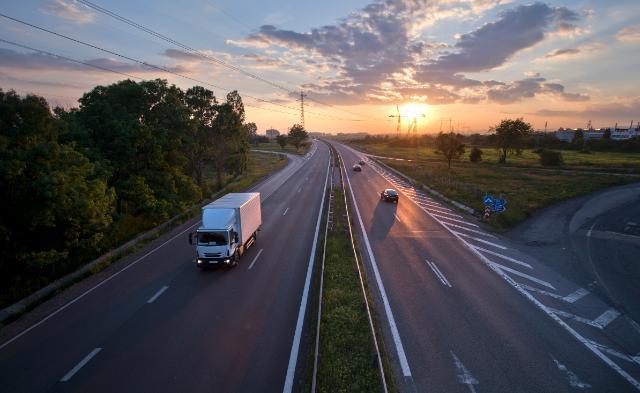
The aim of the EU’s land transport policy is to promote mobility that is efficient, safe, secure and environmentally friendly.
The EU’s policy objectives for road transport are therefore to promote efficient road freight and passenger transport services, to create fair conditions for competition, to promote and harmonise safer and more environmentally friendly technical standards, to ensure a degree of fiscal and social harmonisation, and to guarantee that road transport rules are applied effectively and without discrimination across the EU.
Existing EU legislation in this area establishes common rules on access to the profession and to the market, sets minimal standards for working time, driving time and rest periods (including enforcement, and the use of the tachograph for professional road transport, and sets minimum annual vehicle taxes, as well as common rules for tolls and user charges for heavy goods vehicles. Moreover, it harmonises the maximum weights and dimensions of road vehicles and promotes increasing the number of safe parking areas along the trans-European road network.

Key rules for the EU road transport sector
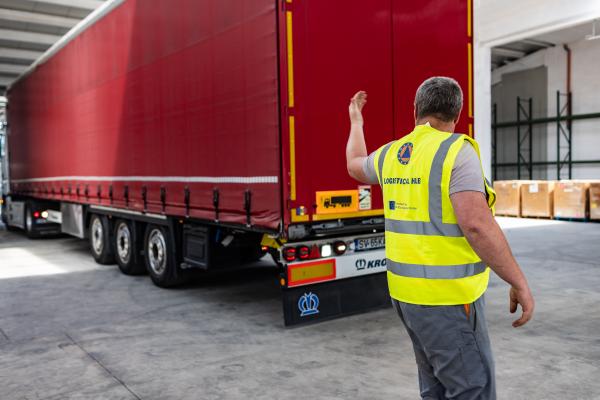
Ensuring a level playing field

Protecting the rights of professional drivers
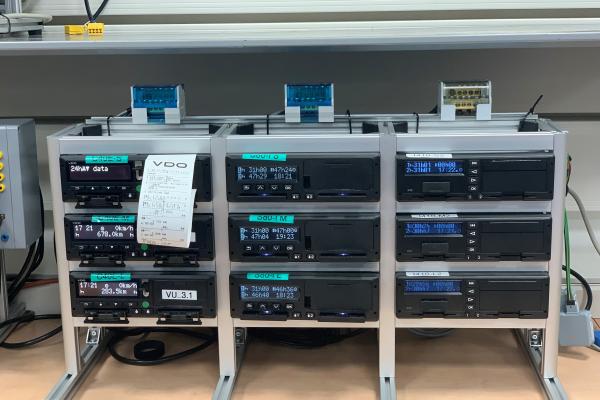
Ensuring compliance with driving and rest times
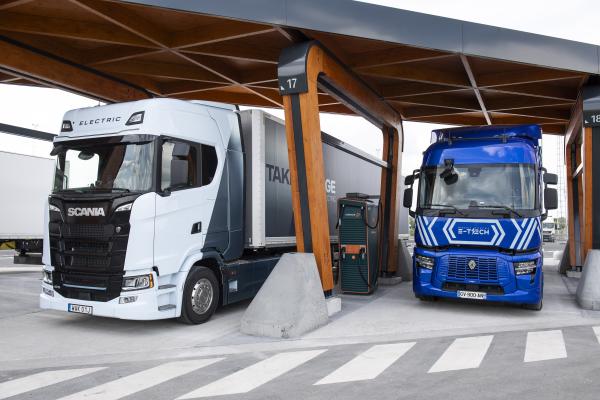
Common standards for heavy-duty vehicles

Creating a network of safe and secure parking areas

International agreements on road transport

Criteria for EU transport operators

Rules for bus and coach transport

Taxation, tolls and vignettes
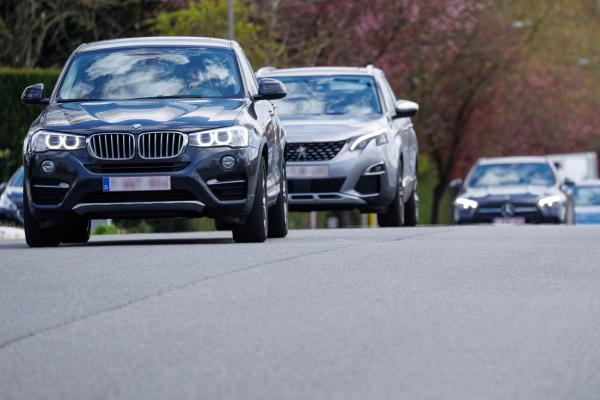
Taxis and private hire vehicles

Towards zero road deaths by 2050

Latest EU studies and reports
News
A Commission Communication assesses whether zero emission heavy duty vehicles are entering the market as expected at the time of adopting AFIR and whether the mandatory infrastructure deployment targets for HDV for the year 2030 as stipulated under AFIR are in line with the expected vehicle uptake.
Representatives from the European Commission, the International Organization for Migration (IOM) and Ukraine’s State Agency for Restoration and Infrastructure Development officially opened a lane for freight vehicles at Luzhanka border crossing point in Zakarpattia region.
A new EU-funded mobile cargo scanner inaugurated today will increase the capacity for transporting goods through the border crossing point in Krakovets-Korczowa at the Polish-Ukrainian border.

Measures designed to help Member States, transport operators and workers continue transport operations and support the transport of refugees

